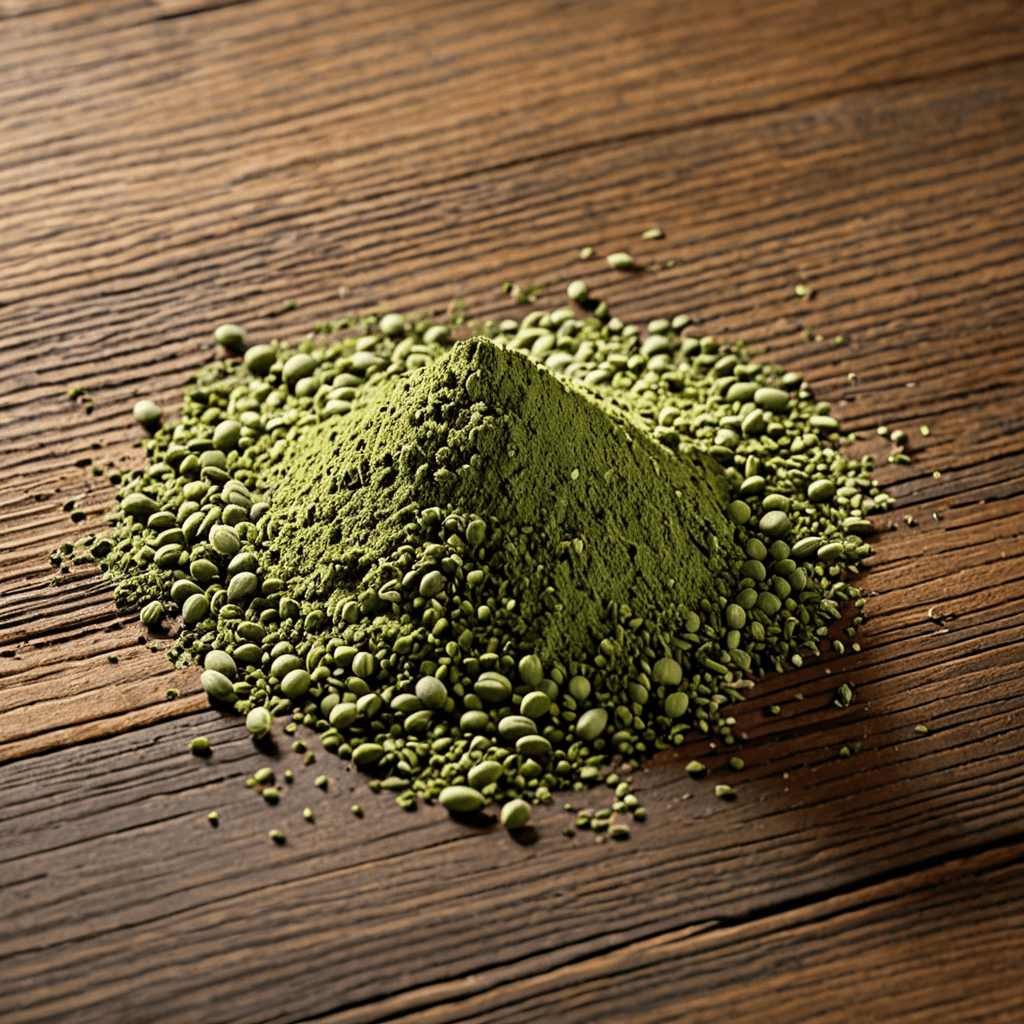The Cultural Significance of Rooibos Tea
Rooibos tea, also known as red bush tea, is a herbal infusion that has gained popularity worldwide for its unique flavor and numerous health benefits. Beyond its delicious taste and wellness properties, Rooibos tea holds a significant cultural importance in various regions. Let’s delve into the rich cultural heritage associated with Rooibos tea.
Origin and History of Rooibos Tea
Rooibos tea originates from the Western Cape region of South Africa, specifically the Cederberg mountains. The indigenous Khoisan people of the region were the first to harvest and consume Rooibos for its medicinal properties, such as aiding digestion and promoting overall well-being. Over time, Rooibos tea became a staple in South African culture and eventually gained global recognition.
Cultural Traditions and Ceremonies
In South Africa, Rooibos tea is more than just a beverage; it is deeply intertwined with social gatherings, celebrations, and rituals. Families and friends often share a pot of Rooibos tea during important occasions, symbolizing unity and conviviality. The tea is also a common feature in traditional ceremonies and serves as a gesture of hospitality and respect.
Rooibos Tea in Global Cuisine
As Rooibos tea’s popularity soared beyond South Africa, it found its way into diverse culinary traditions around the world. From Rooibos-infused desserts to savory dishes complemented by the tea’s earthy notes, its versatility in gastronomy has captivated chefs and food enthusiasts alike. Rooibos tea has transcended cultural boundaries and continues to inspire innovative recipes.
Rituals and Healing Practices
Throughout history, Rooibos tea has been revered for its therapeutic properties. In various cultures, the tea is used not only for its delightful taste but also for its potential health benefits. From promoting relaxation and aiding in stress relief to supporting immune function, Rooibos tea has become a staple in holistic wellness practices worldwide.
Sustainability and Environmental Impact
Beyond its cultural significance, Rooibos tea plays a crucial role in sustainable agriculture and environmental conservation. The cultivation of Rooibos follows eco-friendly practices that help preserve the delicate ecosystem of the Cederberg region. By choosing Rooibos tea, consumers contribute to the support of responsible farming and the protection of indigenous flora and fauna.
Rooibos Tea: A Cultural Ambassador
In conclusion, Rooibos tea serves as a cultural ambassador, bridging traditions, promoting well-being, and fostering environmental stewardship. Its journey from a local remedy to a global sensation exemplifies the power of cultural heritage in shaping culinary experiences and promoting shared values. By savoring a cup of Rooibos tea, one not only delights in its exquisite flavor but also pays homage to the diverse traditions that have embraced this iconic herbal infusion.
FAQ About Rooibos Tea
What is Rooibos Tea?
Rooibos tea, also known as red bush tea, is a herbal infusion made from the leaves of the Aspalathus linearis plant native to South Africa. It is renowned for its naturally sweet, earthy flavor and vibrant red color.
What is the Cultural Significance of Rooibos Tea?
Rooibos tea holds significant cultural importance in South Africa, where it has been consumed for centuries. It is not just a beverage but also a symbol of hospitality, togetherness, and relaxation within many South African communities.
How is Rooibos Tea Prepared?
To prepare Rooibos tea, dried Rooibos leaves are steeped in hot water for several minutes. The longer the steeping time, the stronger the flavor. It can be enjoyed hot or cold, with or without milk and sugar, making it versatile and appealing to a wide audience.
What Are the Health Benefits of Rooibos Tea?
Rooibos tea is rich in antioxidants, minerals, and vitamins that may support immune health, aid digestion, and promote overall well-being. It is caffeine-free, making it a great alternative to traditional teas for those seeking a soothing, caffeine-free beverage.


